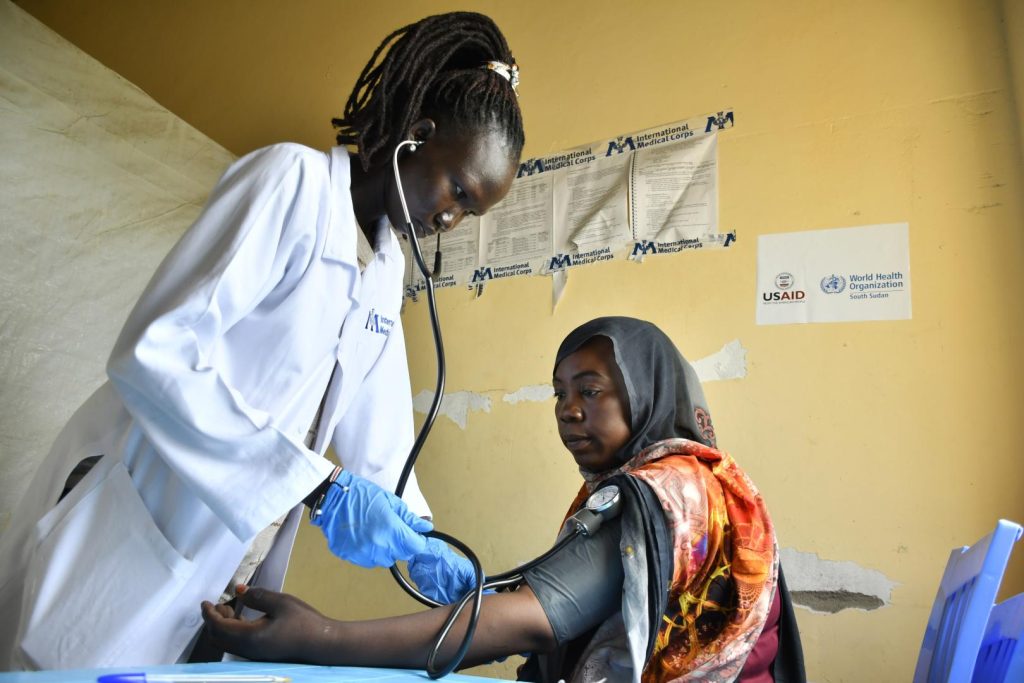South Sudanese authorities have ramped up cholera containment measures following an outbreak in Renk county, Upper Nile state. This region, a major entry point for refugees escaping conflict in Sudan, has seen 50 suspected cholera cases, with six confirmed, as of October 28, 2024. Cases are reported among refugees, returnees, and local residents.
The Ministry of Health mobilized a county-level cholera task force and activated the national incident management system for a coordinated response. According to the World Health Organization (WHO), healthcare guidance has been provided to local facilities, and 30 health professionals have been trained in recognizing and testing cholera cases, as well as sample collection.
Health Minister Yolanda Awel Deng emphasized that overcrowded living conditions and limited sanitation services heighten outbreak risks. “We are working closely with health and sanitation partners to reduce the risk of cholera spreading further,” she stated.
Upper Nile state, including Renk, is currently grappling with severe flooding that has displaced over 46,500 people and affected 81,300. This environmental crisis adds challenges in managing public health.
WHO, in collaboration with South Sudanese health authorities, has opened two cholera treatment centers in Renk—one at Renk Civil Hospital, which has 10 beds, and another with four beds at Wunthou entry point. These centers have seen an 80% recovery rate so far, with hospitalized patients showing improvement.
To support the response, WHO deployed two rapid response teams composed of epidemiologists, infection control experts, and other specialists. Additionally, on October 25, WHO shipped 12 metric tons of emergency medical supplies to Renk, including kits for treating cholera cases, cholera beds, logistics modules, and tents.
WHO South Sudan Representative Dr. Humphrey Karamagi commended the swift government action, adding, “WHO remains committed to aiding the Ministry of Health in strengthening disease surveillance and ensuring access to medical supplies.”
The Centers for Disease Control and Prevention (CDC) notes that cholera, a bacterial infection, spreads through contaminated food and water and can cause severe dehydration or death if left untreated.

